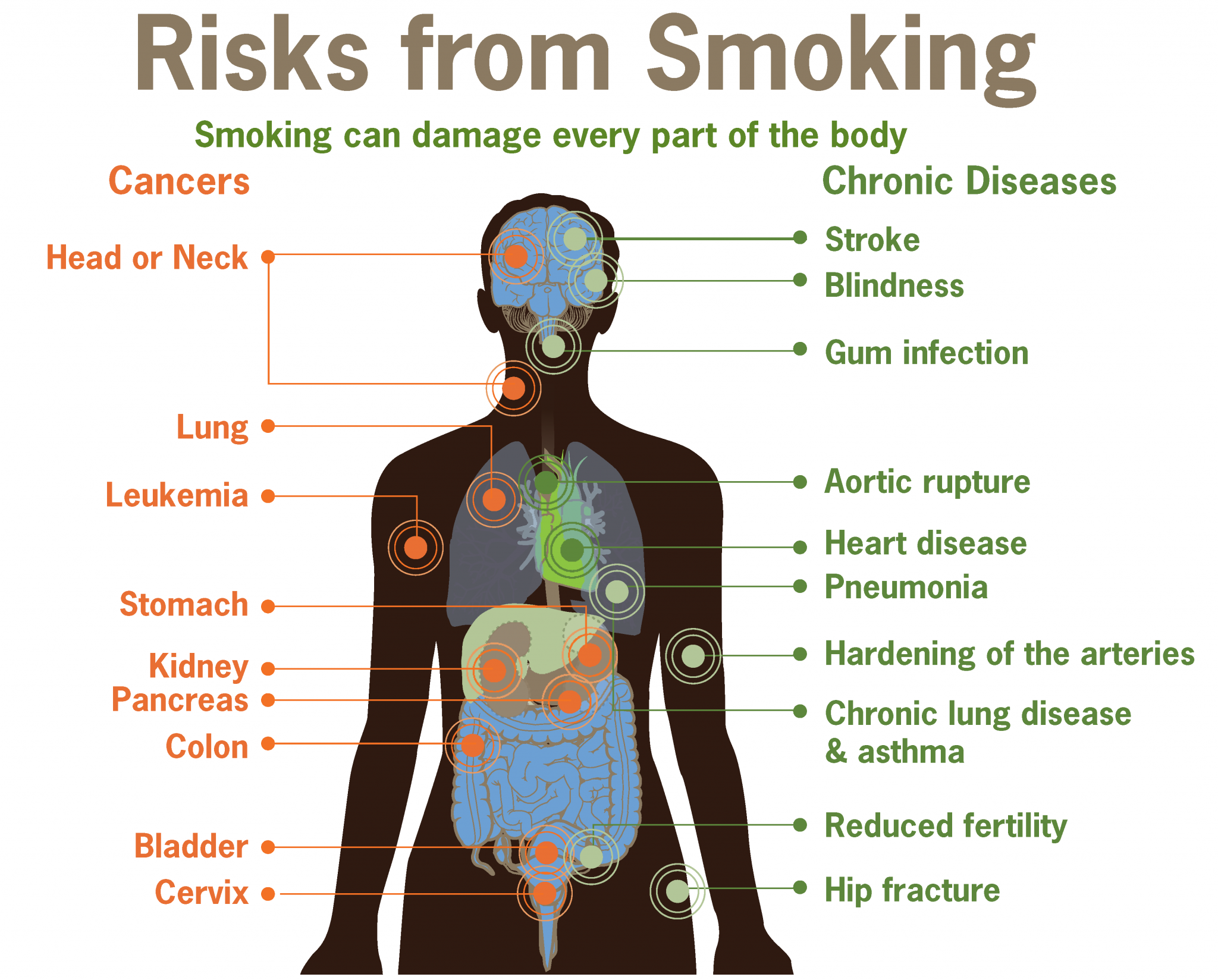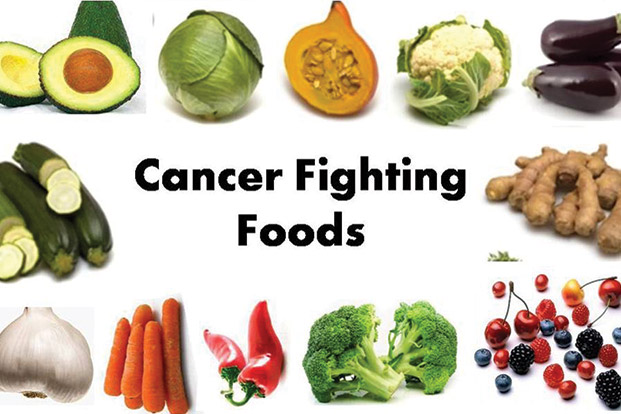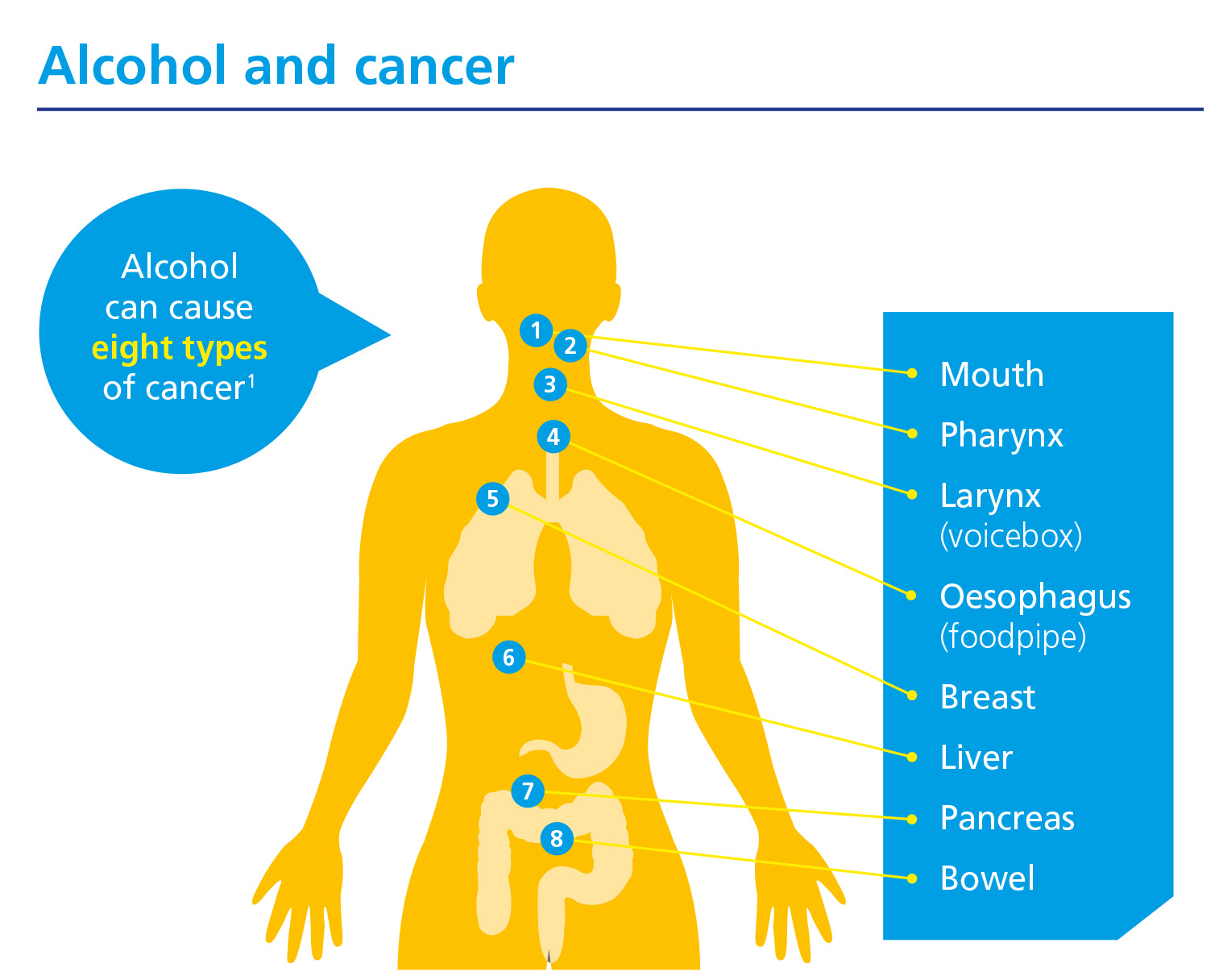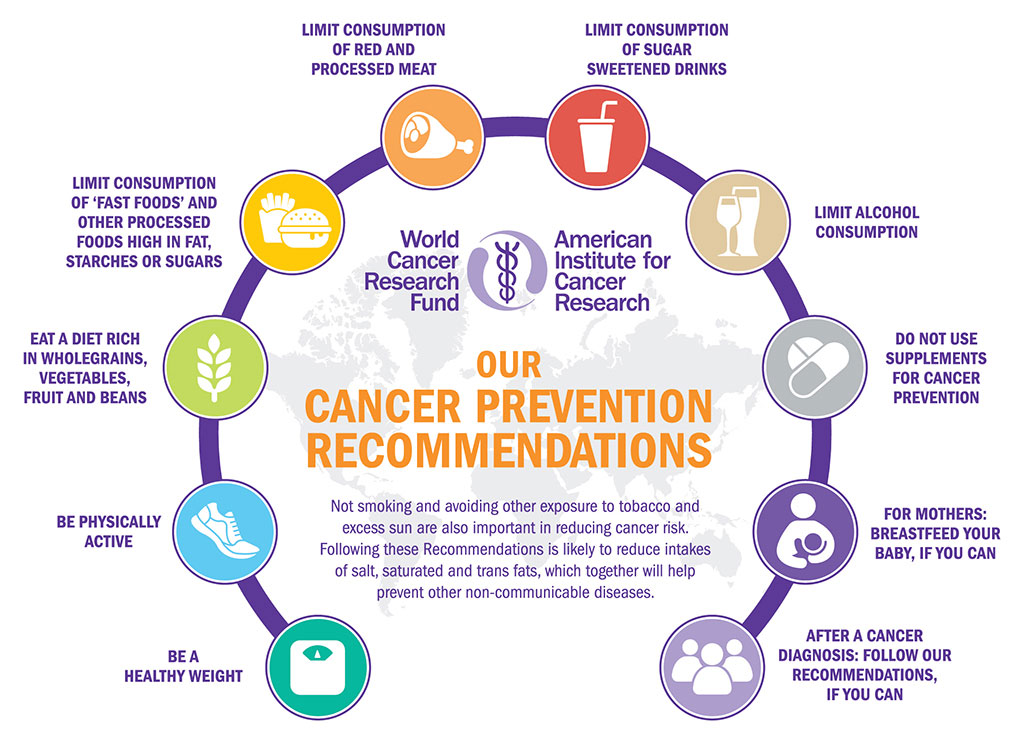Risk Factors
Significant Points
Factors which increase the risk of cancer
- NTobacco chewing and smoking
- NFood and lifestyle
- NAlcohol
- NViral infection
- NRadiation
- NImmunodeficiency and Immune suppression
Factors That May Affect the Risk of Cancer
- NSedentary work and lifestyle
- NObesity
- NDiabetes
- NEnvironment-related risk factors
What is a cancer risk factor? Anything which increases the risk of developing cancer is called cancer risk factor and cancer-protective factors decrease the chance of developing cancer. Not all risk factors are avoidable. Tobacco abuse and lifestyle-related risk factors can be avoided but inherited risk factors cannot be avoided. The risk factors which can be avoided are called modifiable risk factors. They are food, lifestyle and environment-related risk factors.
Factors which increase the Risk of Cancer
Tobacco chewing and smoking.
Tobacco abuse is intensely related to cancer risk. Especially cigarette smoking is top cause of multiple cancer types cause of the following types of cancer:
Factors That May Affect the Risk of Cancer
- NBlood Cancer (Leukemia).
- NCervical cancer.
- NOesophagus cancer.
- NLung cancer
- NOral Cancer.
- NPancreas Cancer.
- NRenal (Kidney) Cancer.
- NStomach Cancer.
- NUrinary Bladder Cancer

Smoking cessation or avoiding smoking decreases the risk of getting cancer and also dying from it. Up to 30% of all cancer deaths occur due to smoking.
Factors which decrease Cancer
- NPrevention of Lung cancer
- NCessation of cigarette smoking

Infections.
Many virus and bacteria can cause multiple cancers. They are more common in developing countries accounting for every 4th case than in developed countries where every 10th case is caused by infection. Some of the cancer-causing agents are enlisted below- NEBV (Epstein-Barr Virus) which causes Burkitt Lymphoma.
- NHelicobacter pylori which causes stomach cancer.
- NHBV (Hepatitis B Virus) and HCV (Hepatitis C Virus) cause Liver cancer.
- NHPV (Human Papilloma Virus) causes oral and genital cancer.
There are some approved vaccines to prevent infection by these cancer-causing agents. The first one is against the Hepatitis B virus. The second one is against multiple pathogenic strains of the Human Papilloma Virus. There are multiple upcoming vaccines with ongoing research against infections that may lead to cancer
Radiation
Exposure to radiation is a known risk factor for cancer. There are multiple types and sources of radiation
- N Ultraviolet light from sun causes non melanoma skin cancers.
- NIonizing form of radiation: from medical sources such as x-ray, computed tomography scan (CT scan) or nuclear medicine imaging. andnon medical sources such as radon gas at houses.
Tobacco chewing and smoking.
Tobacco abuse is intensely related to cancer risk. Especially cigarette smoking is top cause of multiple cancer types cause of the following types of cancer: Factors That May Affect the Risk of CancerFactors That May Affect the Risk of Cancer.
Diet
The foods that you eat on a regular basis make up your diet. Diet is being studied as a risk factor for cancer. It is hard to study the effects of diet on cancer because a person’s diet includes foods that may protect against cancer and foods that may increase the risk of cancer. It is also hard for people who take part in the studies to keep track of what they eat over a long period of time. This may explain why studies have different results about how diet affects the risk of cancer Some studies have shown that a diet high in fat, proteins, calories, and red meat increases the risk of colorectal cancer, but other studies have not shown this. It is not known if a diet low in fat and high in fiber, fruits, and vegetables lowers the risk of colorectal cancer. See the following PDQ summaries for more information:- NBreast Cancer Prevention
- NColorectal Cancer Prevention


Alcohol.
Studies have shown that drinking alcohol is linked to an increased risk of the following types of cancers:- NOral cancer.
- NEsophageal cancer.
- NBreast cancer.
- NColo rectal cancer (in men)
- NBreast Cancer Prevention
- N Colo rectal Cancer Prevention
- NEsophageal Cancer Prevention
- NOral Cavity, Pharyngeal, and Laryngeal Cancer Prevention
- NLiver (Hepatocellular) Cancer Prevention
Physical Activity.
Studies show that people who are physically active have a lower risk of certain cancers than those who are not. It is not known if physical activity itself is the reason for this. Studies show a strong link between physical activity and a lower risk of colorectal cancer. Some studies show that physical activity protects against postmenopausal breast cancer and endometrial cancer. See the following PDQ summaries for more information:- NBreast Cancer Prevention
- NColorectal Cancer Prevention
- NEndometrial Cancer Prevention


Obesity.
Studies show that obesity is linked to a higher risk of the following types of cancer:- NPostmenopausal breast cancer.
- NColorectal cancer.
- NEndometrial cancer
- NEsophageal cancer.
- NKidney cancer.
- NPancreatic cancer.
- NBreast Cancer Prevention
- NColo rectal Cancer Prevention
- N Endometrial Cancer Prevention
- NLung Cancer Prevention
Diabetes.
There is marginally increased risk of certain types of cancer as seen in some studies.- NBladder cancer.
- NBreast cancer in women.
- NColorectal cancer.
- NEndometrial cancer.
- NLiver cancer.
- NLung cancer.
- NOropharyngeal cancer.
- N Ovarian cancer.
- NPancreatic cancer.

Common risk factors between cancer and diabetes are
- N Being older.
- NBeing obese.
- NSmoking.
- NNot eating a healthy diet.
- N Not exercising.
- NAir pollutants have been linked cancer which are tobacco smoke, asbestos, chemicals polluting outdoor air which cause lung cancer.
- NWater pollutants especially with arsenic can cause urinary bladder, lung and skin.